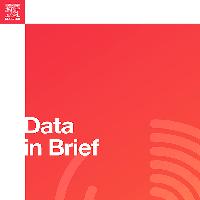Abstracto
-
Authors
Andrés Martínez, Christian González, Adrián Jaramillo
Abstract
Resonant wireless power transfer (WPT) systems have been evolving and improving their designs over the last few years, looking to efficiently charge electric vehicles, cellphones, and biomedical devices. In this article, we present to the scientific community the data obtained from the optimization of a resonant WPT prototype, operating at different vertical misalignments and load conditions, known to have an impact on the behavior of these type of systems. To maximize the power transferred to the load, we developed a proportional-integral frequency control algorithm that employs the phase-shift between the voltage and current waveforms in the transmitting antenna (resonance indicator) as a setpoint. Data on the performance and control optimization process of the prototype during laboratory tests were acquired using a LabVIEW interface, which was designed to capture information such as the evolution of the frequency, the phase-shift, and the load voltage, from multiple devices (a microcontroller, an oscilloscope, a digital multimeter, and a controllable power supply). The data were organized and presented in tables and graphs using MATLAB. The importance of the dataset relies on the opportunity to utilize the information as a basis for the improvement of the associated electronics by using different transmission topologies, higher speed components, new-generation microcontrollers, and to modelling novel intelligent control algorithms, such as adaptative neuro-fuzzy inference systems.
